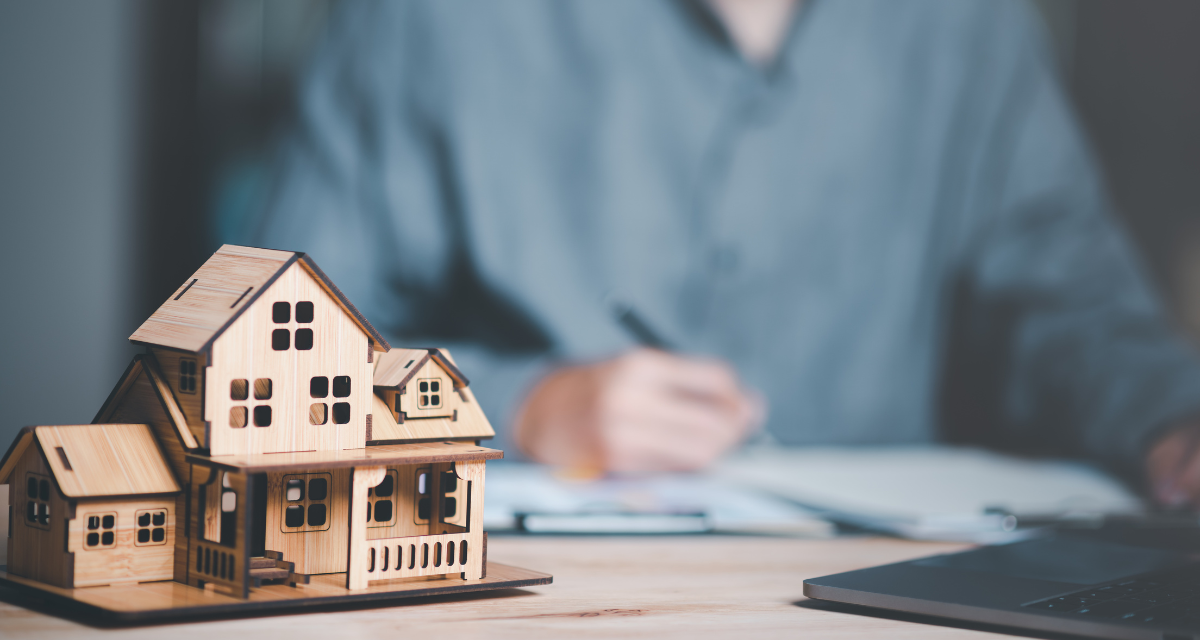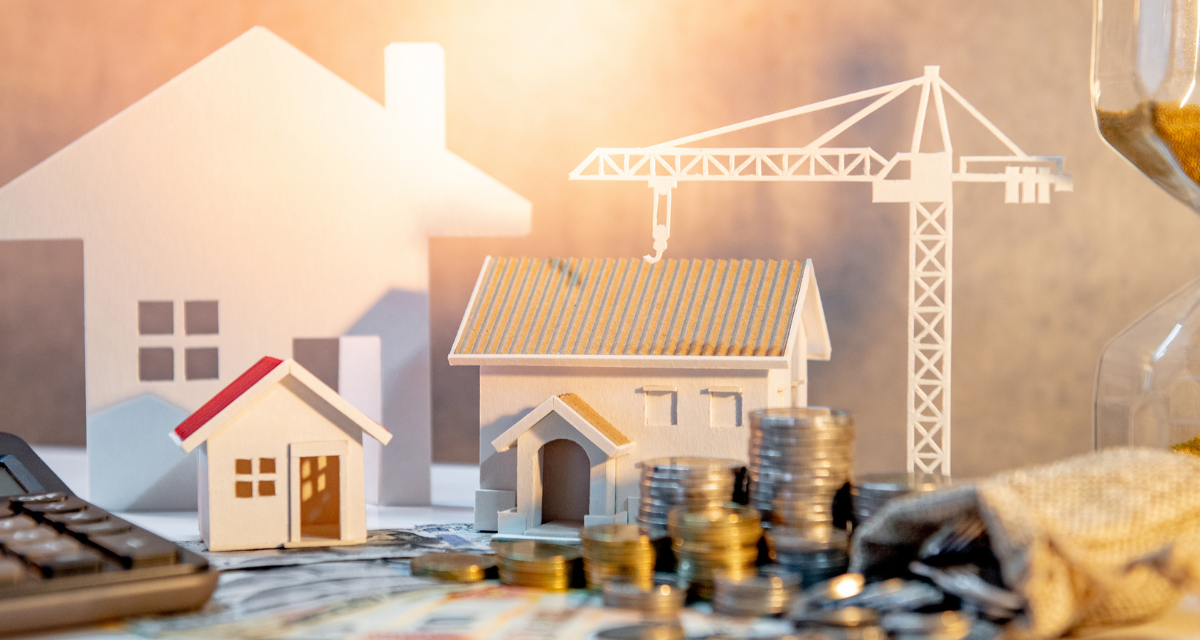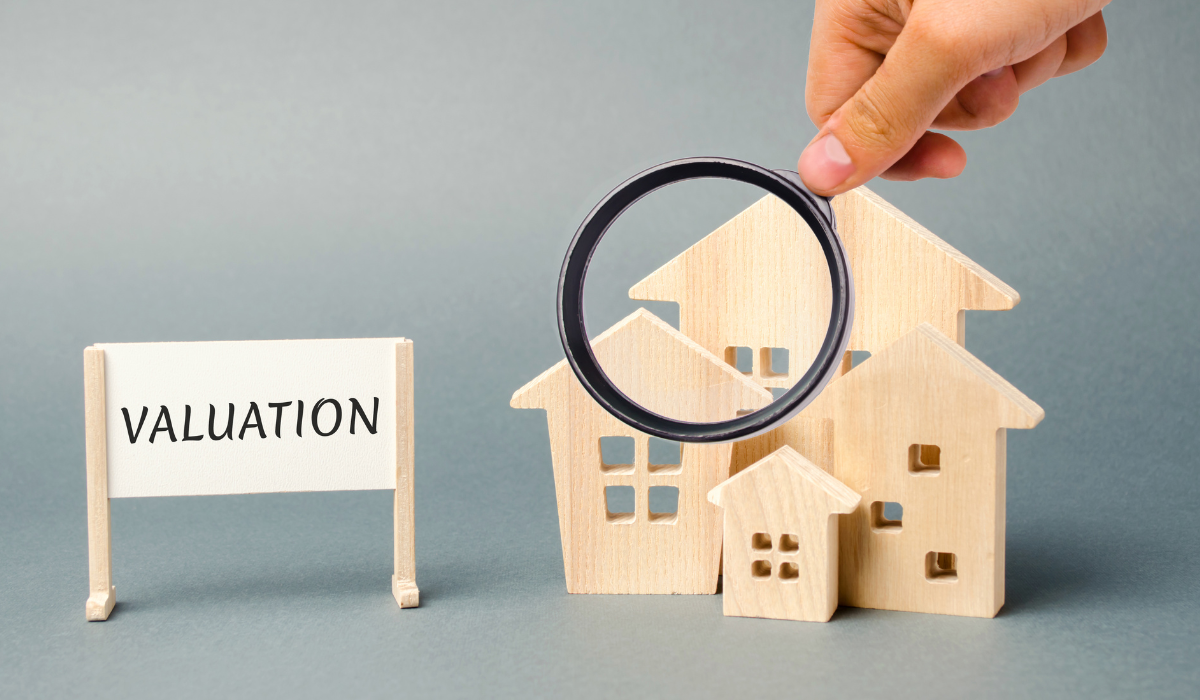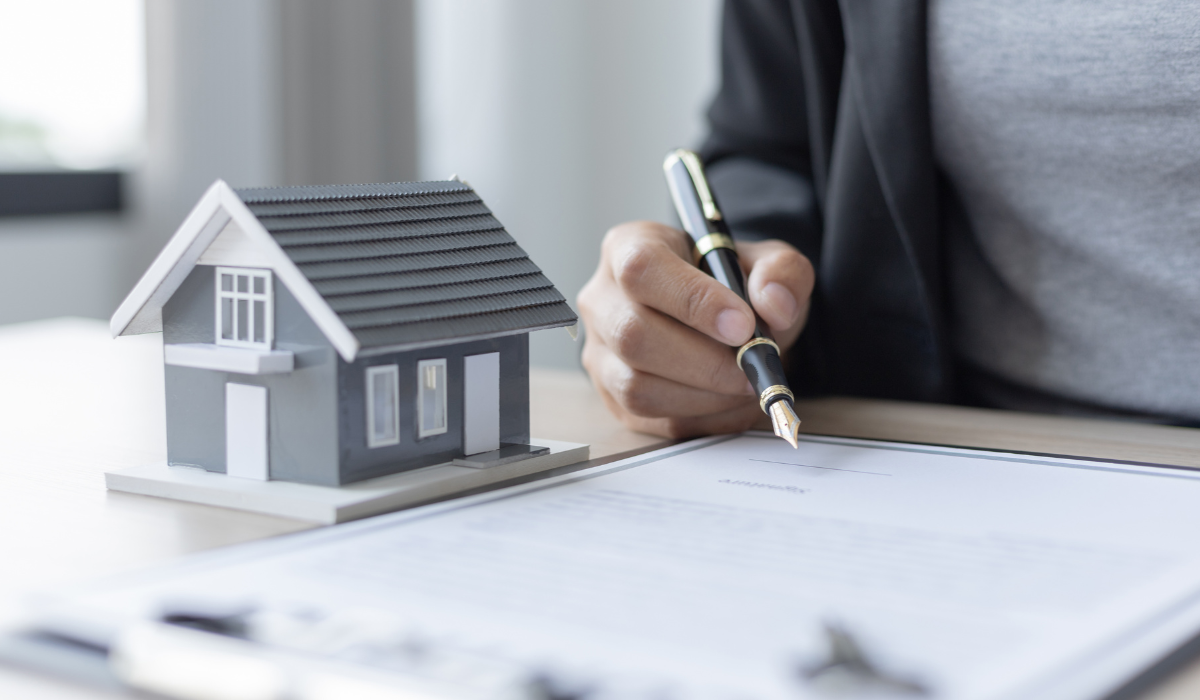How to Value Your Precious Metals Before an Exchange
You may be looking to exchange your precious metals but need to find out their true worth.
You are not alone in this.
A lot of people always need clarification when determining the values of gold, silver, platinum, and other valuable materials before the transaction.
You may be selling family heirlooms or just taking advantage of high market prices, but you want to know how to value them.
Value for precious metals is more than just in weight; there are a lot of factors.
From the market trends down to the pure levels, certifications, and assays, knowing what really affects value can empower you in the exchanges.
So, let's break everything you need to know down for a smooth, profitable experience when you decide it's time to exchange precious metals!
Precious Metals
Rare metals have long been considered a treasure.
The leaders of this sphere are gold, silver, platinum, and palladium.
All the metals are unique in their characteristics, which makes them more expensive and attractive.
The most popular precious metal is gold.
This asset has thousands of years of history that speaks for itself as a symbol of wealth and power.
When the economy is uncertain, investors often run to gold.
Gold will not lose much of its value.
While silver is valuable as an investment, it also fulfills diverse purposes and competes in broad multitudinous applications like electronics and photography, which may easily change the market price.
This characteristic makes silver an interesting investment and collector's jewel.
Platinum is rarer than gold or silver but, more often than not, sells with a higher price tag thanks to its scarcity and industrial applications.
The long use of platinum by car manufacturers for catalytic converters adds additional demand from that sector.
With breakthrough technologies and tighter environmental standards promoting greener vehicles, palladium has seen it in high demand lately.
This increased demand calls for knowledge of the attributes of every metal before exchanging precious metals.
Considerations When Grading Precious Metals
Some key factors to be considered for the valuation of precious metals include purity in the metal.
Purity levels refer to how much real metal you have compared to impurities or alloys mixed in.
For instance, gold bars usually possess a higher purity level than old jewelry.
Another great point is the dynamics in demand and supply in the market.
Gold, silver, platinum, and palladium are priced due to global economic conditions.
This can be an upsurge due to investment or industrial usage of these metals.
The weight of your precious metals also determines value.
This is to understand troy ounces and grams for weighing your items.
Different markets may use other measurements, so there's a need for clarity.
Valuations can also be affected by geopolitical events.
Political instability or changes in regulation can impact mining operations and the marketability of these materials.
History can also play a role, as coins with numismatic value will often be worth more than their melt due to rarity or condition.
Having an understanding of these elements will help you get a fair trade if you ever want to trade precious metals.
How to Value Precious Metals
Valuing precious metals doesn't have to be intimidating.
You first have to identify the type of metal that you're holding.
Common types include gold, silver, platinum, and palladium.
Each one has its respective market dynamics and valuation approach.
Weigh the items on a scale accurately.
The most precise measurement would be in grams or troy ounces; in any case, knowing the weight is important since this is used directly in calculations of value.
Based on your weighed metal, determine the current market price of the particular metal that you are determining.
The current market price of metals fluctuates every day due to changes in supply and demand factors.
You can quickly retrieve these updates from trusted financial news web pages or commodity exchanges.
To determine the intrinsic value, use this formula:
Weight multiplied by Current Market Price equals Value.
That is an appraisal of what your metals are worth in terms of raw material cost to date.
The value can increase with other factors like purification levels and characteristics, considering whether the certification given or historical value attached adds up to worth, for example.
Thoroughness ensures you know more correctly before you exchange precious metals.
Common Mistakes When Determining the Worth of Precious Metals
Valuing precious metals is difficult and often results in a mistake.
One of the biggest mistakes one makes is to rely solely on spot price.
In a spot price, what will fluctuate will be based on market conditions, but it does not tell the full story about your specific items.
Another mistake is failing to include purification levels.
Like gold, which is available in different purities, 24K is pure gold.
This understanding of exactly what you have informs the appraisal value.
Many sellers drop the ball here and undervalue their assets.
One can even go wrong with judgment by denying the present trend.
The market of precious metals depends on the disequilibrium of factors of demand and supply; knowledge about the changes helps you set a realistic value prior to an exchange.
Some people do not turn to professional appraisal services when they need it.
A certified appraisal can offer expert insights into worth, especially with unique or rare pieces.
Charge up the costs of selling or exchanging your metals.
These are fees that can eat into your profits, depending on when they come out, to reduce the amount you get after an exchange.
How Market Trends Affect the Value Of Precious Metals
Market trends determine the value of precious metals.
Prices go high or low according to changes in demand and the supply of products in the global market.
The prices increase when people buy gold or silver because of the uncertainty in an economy.
Geopolitical events also reflect their presence in market trends.
Conflicts, elections, and trade agreements can be very volatile for the precious metals market.
Investors take refuge in these metals in turbulent times; hence, their prices go sky-high.
Another key variable determining value is the interest rate.
The opportunity cost of holding physical assets like gold has been relatively lower than cash investments.
This is because when interest rates are relatively low, holding assets in physical gold and the like is relatively attractive.
Higher interest, lower demand.
Exchange rates also determine how foreign investors view the value of precious metals.
A strong dollar may attract less international demand for commodities based in the United States, such as gold and silver.
Prices then fall.
Innovation in technology may transform the consumption outlook of precious metals in the electronics and renewable energy industries, and new uses that appear or disappear over time can affect the bigger market sentiment as well as valuations.
The Role of Certification and Assays in Valuation
The value of precious metals depends on certification and assays.
Through accreditation and assays, you get assurance about the quality and authenticity of the metal you own.
This is especially important in the event of an exchange.
A recognized grading body can bring a premium value.
This is the guarantee that your gold, silver, or platinum meets the high-purity standards.
Buyers are more likely to offer competitive bids for certified pieces since they offer little risk.
Precious metals assays also add to proper appraisals since they establish the precise composition of your metals.
An assay report shows everything from purity levels to weight, which is crucial information for a prospective buyer.
It builds trust during negotiation.
Keep in mind that not all certifications are equal in the market.
It is imperative to opt for an authority that is well known for its strict standards, as that would add more credibility to your assets.
Before you can exchange these precious metals, you will need to ensure that you have acquired both assay and certification reports if you still need to do so.
This way, you would be sure to get a proper price based on data verified rather than assumptions and guesswork during the transaction process.
What to Expect in Exchanging Precious Metals
When you decide to trade precious metals, you must know what you are getting into.
The whole process will be smooth and easy when you are prepared for it.
First, you should ensure that you value your metals correctly so that you will not be surprised when you need them.
Familiarize yourself with the potential buyers or exchanges in your locality.
Researching good dealers and platforms is an important consideration.
Look for reviews and testimonials from previous clients to determine their reliability.
During the actual exchange, there should be some negotiation regarding prices.
Don't be hasty; take your time discussing terms with all the doubts about fees or commissions that might apply.
Transparency is the way to go about it.
Upon reaching an agreement with a price, you should expect to get instant payment for your metals.
Payment could vary in mode - some traders give cash, while others opt for checks or bank transfers.
Ensure you ask for documentation proving the details of the transaction when done.
The paperwork proves the actual exchange and might come in handy if need be, even to give further clarification on it regarding ownership or changes in value later on.
Conclusion
Valuing before exchanging precious metals can be a complex yet rewarding process.
Understanding the nuances of your items, from gold and silver to platinum and palladium, is crucial in determining their worth.
Each piece carries its own story, influenced by market trends and personal significance.
The fluctuating nature of these markets can often surprise seasoned investors as well as newcomers.
Preparing for an exchange, fair valuation will ensure that you get what your metals truly deserve.
Professionals will also empower you on this journey.
Recognition of the impact of certification and assay reports should equally be taken into account when determining value perception.
The credibility, when the buyer sees verified documents accompanying your assets, is boosted in a big way.
Staying abreast of market trends will allow one to navigate the world of precious metal exchanges much better.
Keeping tabs on regular news happening within the industry will make you understand and give you power at the time of any valuable decision-making!
FAQs
What types of precious metals can I exchange?
You can typically exchange gold, silver, platinum, and palladium. Each type has its own market value and appeal.
How do I determine the current market price for my metals?
Check reputable financial news websites or specialized metal exchanges online to get real-time pricing information.
Should I clean my precious metals before selling them?
It's advised not to clean your items aggressively as this may devalue their worth. Leave any cleaning up to professionals if needed.
Is there a best time to sell my precious metals?
Market trends can fluctuate daily. Watching for spikes in prices based on economic conditions will help you choose an optimal time.
Are there fees associated with exchanging precious metals?
Yes, most dealers may charge transaction fees or commissions when buying your items. Always ask about these costs upfront.
Can I expect immediate payment when exchanging my goods?
While some exchanges offer instant payment options, others might take longer due to processing times or specific buyer agreements.
Contact Us
We will get back to you as soon as possible.
Please try again later.
Make sure to join our email list so you can stay up-to-date on upcoming sales and exclusive offers!
Sign up for updates!
1140 Old Peachtree Rd NW
Suite D
Duluth, GA 30097
Monday – Friday
from 10am to 4pm
Quick LInks
All Rights Reserved | The Perfect Piece Estate Liquidators, Inc.











